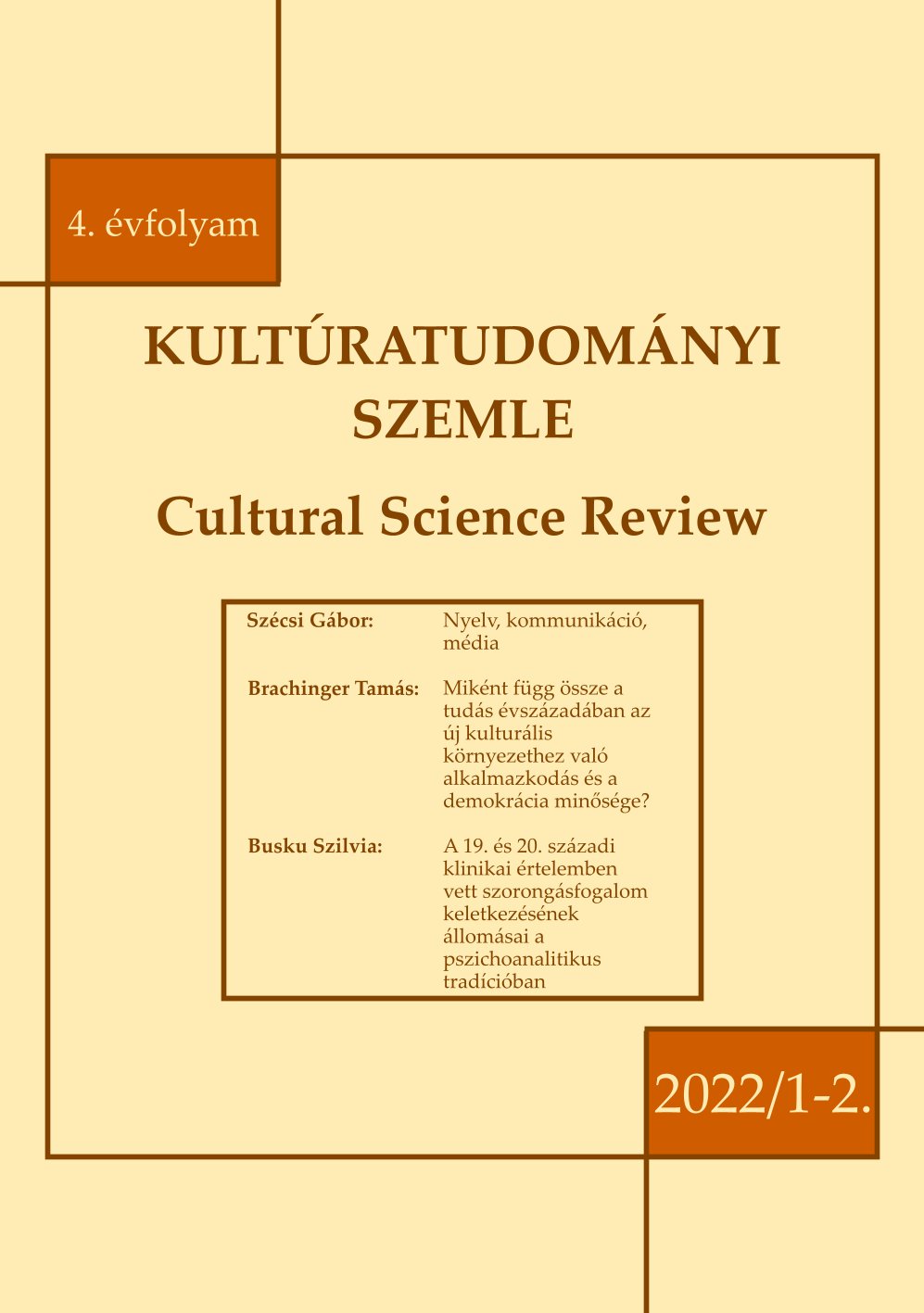Miként függ össze a tudás évszázadában az új kulturális környezethez való alkalmazkodás és a demokrácia minősége?
A probléma ismertetése a 2020-as egyesült államokbeli elnökválasztást kísérő adekvát jelenségeken keresztül
DOI:
https://doi.org/10.15170/KSZ.2022.04.01-02.02Abstract
How do adaptation to the new cultural environment and the quality of democracy in the century of knowledge relate?
Tamás Brachinger
The lying as a political tool is hardly new. But the propensity to deceive, and even enthusiasm, has become a driving force around the world. I most focus on two factors. Political bias is a bias or perceived bias involving the slanting or altering of information to make a political position or political candidate seem more attractive. Bias emerges in a political context when individuals
engage in an inability or an unwillingness to understand a politically opposing point of view. Post-truth politics is a political culture in which debate is framed largely by appeals to emotion disconnected from the details of policy, and by the repeated assertion of talking points to which factual rebuttals are ignored. Post-truth differs from traditional contesting and falsifying of facts by
relegating facts and expert opinions to be of secondary importance relative to appeal to emotion.

